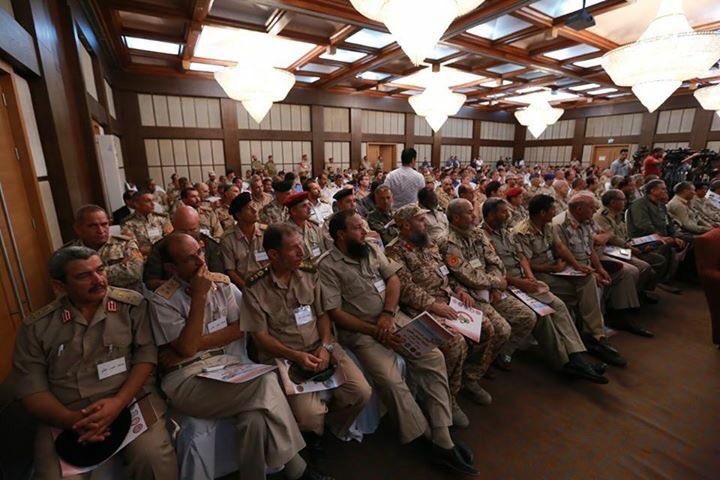By Libya Herald reporter.
Tripoli, 19 October 2016:
Four hundred million dinars worth of new bank notes printed by a UK company have been delivered to the Central Bank of Libya (CBL) and, according to a British official, more is on its way. The LD 400 million is part of a LD 1 billion delivery, the rest of which should arrive in Tripoli within the next couple of weeks, the official told the Libya Herald.
The delivery of the new dinar is, however, stocking fears that it will create more inflation and cause the dinar to fall even further against the dollar, euro and other convertible currencies.
In Tripoli today, the dinar fell to 5.25 to the dollar on the black market. In Benghazi it is trading at 5.20 to the dollar. In Tobruk, it was reportedly trading at 2.40.
“Every extra billion dinars that’s printed and delivered to Libya pushes the dinar down a dollar,” said one senior Libyan administrator who predicted that the rate would soon hit LD 6 to $1. He also questioned whether the new cash would actually be made available in the banks, or simply held by the CBL
Today there were long queues outside banks in Tripoli with customers hoping that the new cash would be available. They went away disappointed as usual.
“The liquidity crisis is making people so very angry,” the administrator said. “All the staff in my office are complaining about not being able to draw cash from the banks,” he stated, adding that he himself had tried to borrow LD 1,000 in cash from colleagues but no one could lend him any amount of dinars.
In comparison, he added, power cuts, down to two hours a day, had ceased to be a cause of dissension and anger.
The cash crisis is made worse by the fact that many people have not been paid for months. Today, the state electricity company GECOL announced that employees would be paid this week their salaries for April and May.
Additionally, shops have stopped accepting prepaid credit card issued by the banks to alleviate the cash crisis. They stopped because the banks had no cash for the shopkeepers when they requested payment, despite prior promises that they would pay them.
As officials point out, the problem is not a lack of cash generally, it is a lack of cash in the banks. “There is plenty of money in certain hands, but no one will deposit it in the banks. They don’t trust them to give back to them,” one official said.
“The only way to rebuild trust in the banks is by privatising them and bringing in expertise from abroad to run them efficiently,” he said.
Agreeing, one Tripoli-based financial observer pointed to the difficulties surrounding the LD 50 bank notes printed by Russia and delivered to the east. There were places in Tripoli would not accept them, he said, nor would Misratan-run businesses. However, west of the capital Tripoli, most towns accepted them, he added, including not just those which were allied to the Libyan National Army and Khalifa Hafter, such as Zintan but also those that were previously suuporters of Libya Dawn, such as Gharyan and Zawia







